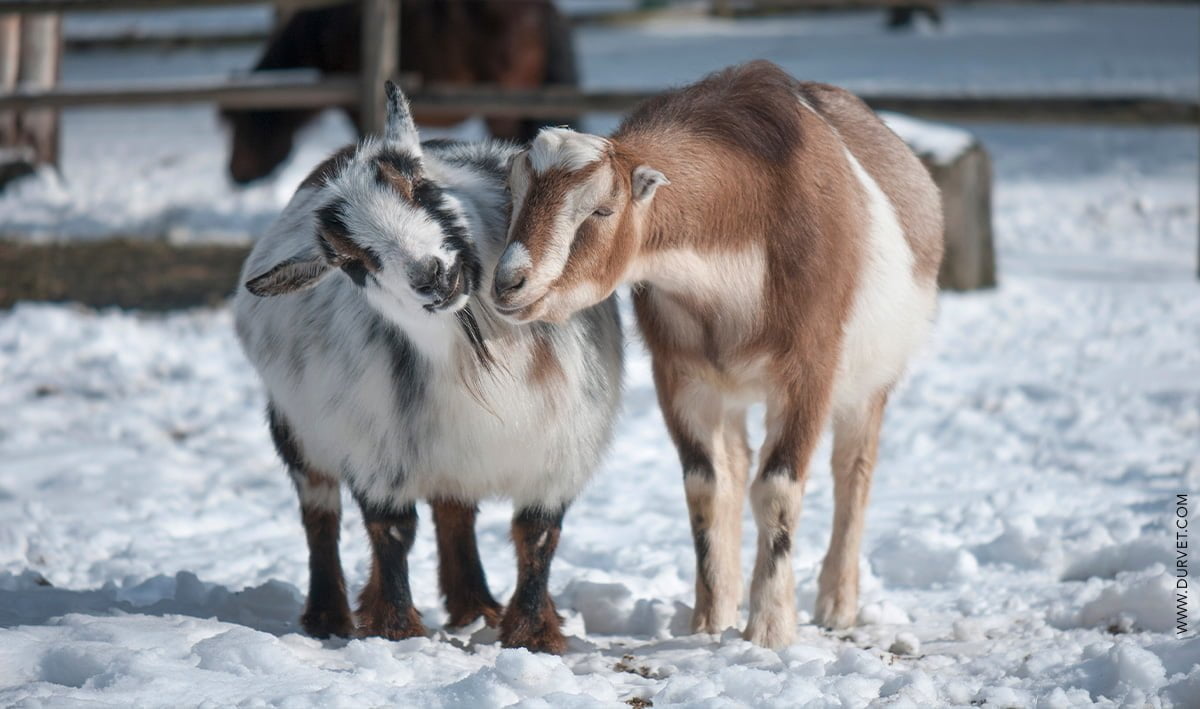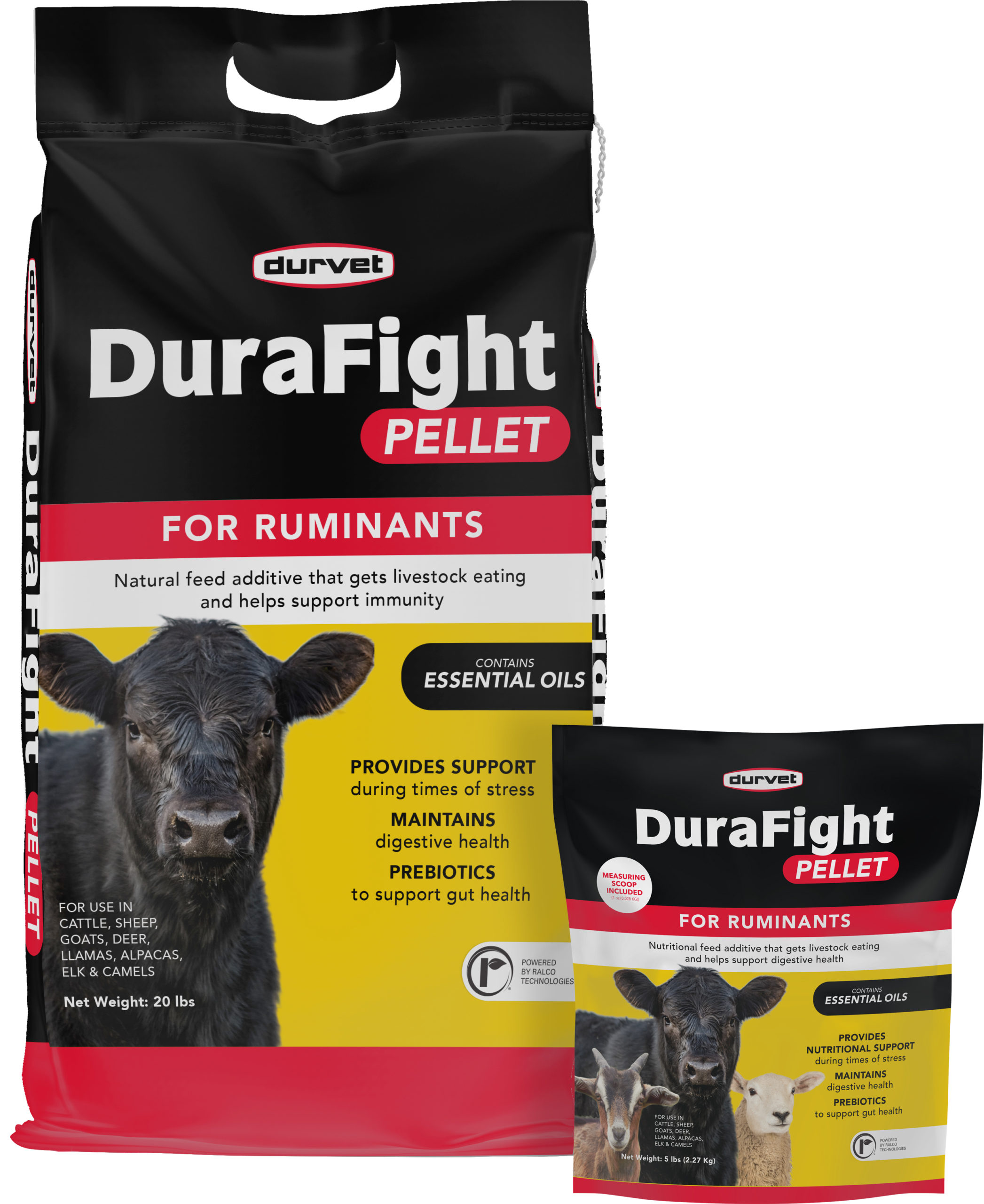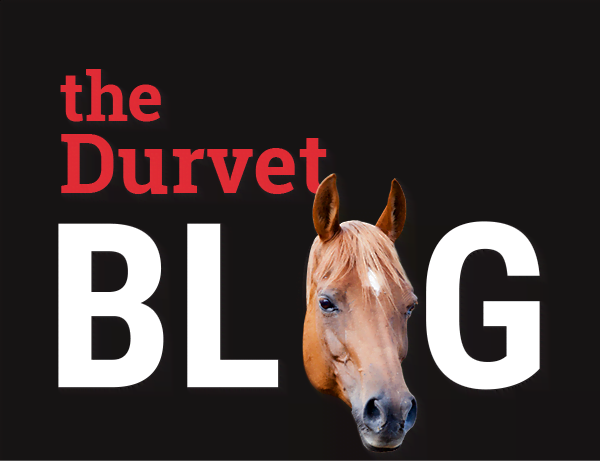
As frigid winter temperatures settle in, it is essential for owners to make sure their livestock is prepared and comfortable. Goats are hardy animals and with extra care provided by livestock owners, they typically do very well in cold weather. By providing comfortable living conditions and nutrition, it can make cold months more comfortable for your herd. Adjusting care and management techniques from the cold to warm months will ensure your goats stay thriving during the winter.
While goats are hardy, they will require shelter in below freezing temperatures. They don't need a fancy goat mansion, but it is important to protect them from the frigid wind and harsh winter elements. A three-sided shelter with the opening facing the south provides protection from the wind, but still allows plenty of access to sunshine and enough ventilation to keep moisture down inside. Make sure there is always plenty of clean, dry straw bedding available. Straw is a great insulator that will help to keep the goats warm. Goats also have a thick coat of hair helping them to stay warm with minimal housing.
Providing adequate nutrition and access to water is a bit more complex in the cold winter months. Goats should always have easy access to food and fresh water. This may require a heated water source or changing the water a couple times a day to eliminate ice build up. Staying warm in the winter will require extra energy and calorie intake from your animals. The easiest way to support your goats during this is to make sure they have enough protein and roughage to maintain their body temperature. Owners can help support their livestock in cold weather with DuraFight Pellets - a natural feed additive that keeps animals eating in cold weather and boosts their immune system to fight off any disease challenges. Another option to increase the energy content of their feed is to slowly incorporate corn or oats into the diet. They will also need roughage which can be supplied in grass, mixed hay or alfalfa. Alfalfa is a great source of protein and energy, but owners should watch closely for any urinary calculi formulation from over consumption. Owners should also provide access to salt and minerals for extra support.
Another thing for goat owners to be aware during winter is pests. Goat lice and mites are increasingly abundant during the winter months. These pests cause irritation and poor coat and skin quality in goats. If left untreated, it could lead to more serious complications like anemia. There are a number of drenches, pour-ons, and sprays that can help combat these annoying pests. Work with your veterinarian to determine which medication best suits the needs of your herd. A great option for treating winter lice is Durvet Permethrin 10%. Signs your goat may have lice include:
- Frequent rubbing up against posts or fence
- Scratching using the horns or teeth
- Dry, flaky skin
Cold weather can be stressful for goats, which can lead to sickness and diarrhea. An essential Durvet product to keep on hand for those herd members who end up sick is Immediate Response. A dose of this product can help with prevention or treatment of any digestive disturbances that may come up.
Recommended Products:
Sources: University of Nebraska-Lincoln, Michigan State University




 BACK TO MAIN BLOG
BACK TO MAIN BLOG 

Comment